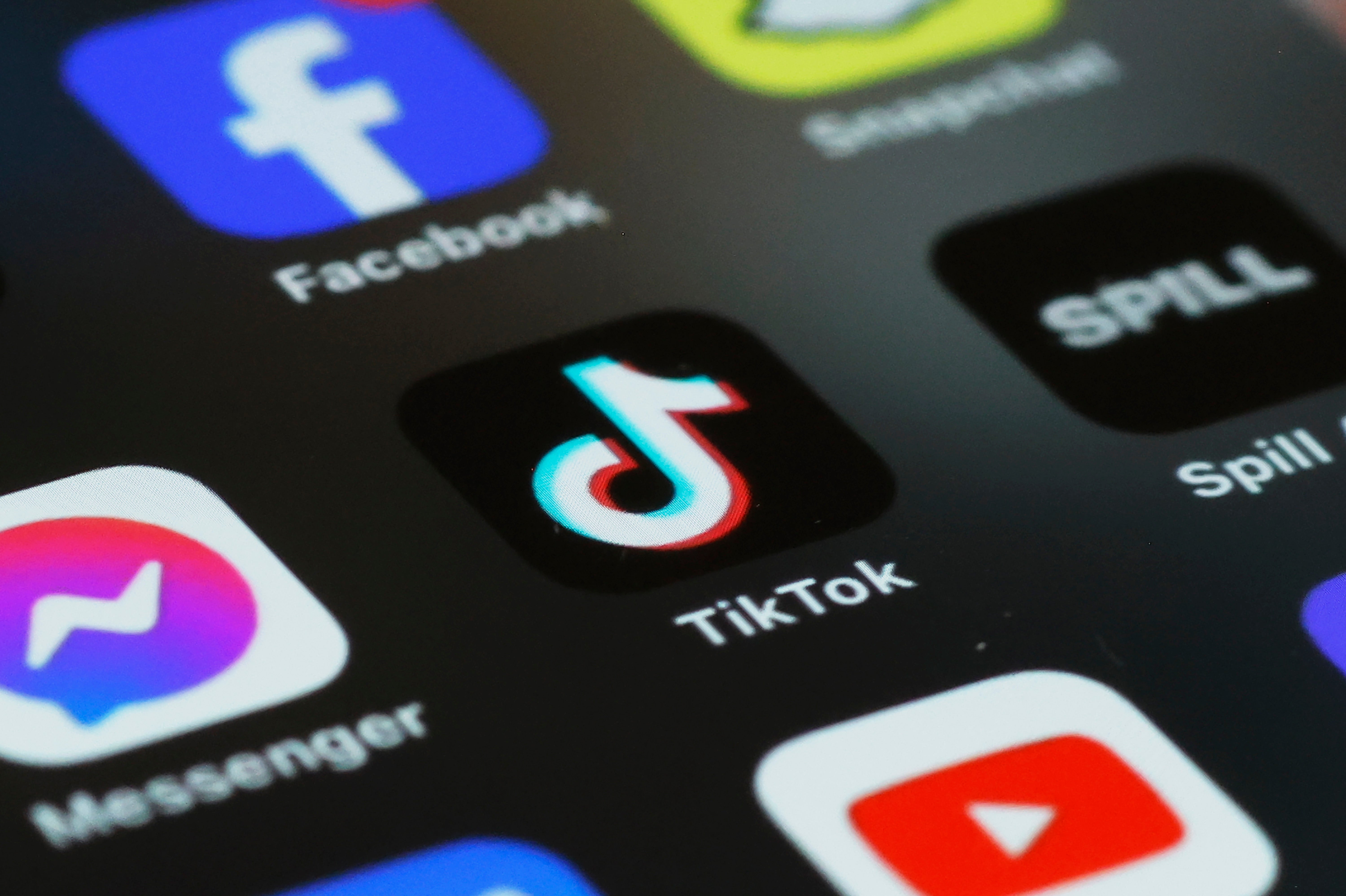TikTok ban: Why the app could really disappear soon
People have been talking about banning TikTok for longer than they haven’t – but it could finally be on its way

Your support helps us to tell the story
This election is still a dead heat, according to most polls. In a fight with such wafer-thin margins, we need reporters on the ground talking to the people Trump and Harris are courting. Your support allows us to keep sending journalists to the story.
The Independent is trusted by 27 million Americans from across the entire political spectrum every month. Unlike many other quality news outlets, we choose not to lock you out of our reporting and analysis with paywalls. But quality journalism must still be paid for.
Help us keep bring these critical stories to light. Your support makes all the difference.
People have been talking about banning TikTok almost as long as it existed. The app was launched under that name in 2017 – and by 2019, it was already banned in much of the world.
It means that discussions of a TikTok ban in the US and elsewhere can sometimes have a feeling of being stuck in time. Politicians make a variety of complaints – which can vary from national security concerns to worries about children’s development – and threaten to ban the app in response.
It has happened enough that much of the world might have become bored of those threats, especially given they rarely seem to come to anything. But just as we are becoming tired of talking about a TikTok ban, it might finally happen.
This week, the US Senate approved legislation that will force the app to be sold or banned, and Joe Biden has signed it into law. The threat of a ban is looming.
The ban has already happened elsewhere. Billions of people live in countries where TikTok is unavailable in one form or another.
What’s more, those bans have happened with relatively simplicity. In India, which was a leader in banning the app, the app was taken down from the Google and Apple app stores in the country, and it was no longer available.
Instagram Reels rushed in to fill the gap. The then brand new app – which borrows much of the same formats from TikTok, including its musical soundtracks and its easily scrollable feed – quickly took in users that could no longer use the original app.
YouTube Shorts did much the same, and saw a similar popularity. Neither of the apps offered any great innovations, and simply stood out for offering the same sort of endlessly satisfying, bite-sized, easily discovered content that TikTok had once done.
Those apps are already wildly popular in the US, UK and other countries that have long threatened their own bans. And so users in those countries are likely to take much the same path.
Users of both YouTube Shorts and Instagram Reels have plenty of complaints about those platforms in relation to TikTok: their algorithm seems less personalised and recommends different kinds of content, and the apps are build in different ways. But they would no doubt happily use them if they had no alternative.
The TikTok community has shown remarkable adaptability in response to other, similar changes. Recently, for instance, Universal pulled all of its songs from the app because of a dispute over licensing – and, immediately, TikTok users were using new sounds and making jokes about the old ones.
Other apps have been banned in the US and elsewhere before, too. The power that Google and Apple hold over mobile apps means that they can be taken down relatively quickly, and the online connections that apps like TikTok rely on can be quickly severed.
Users might be able to get around those bans, with technology such as virtual private networks that reroute internet traffic and make it look as if it is coming from elsewhere. That will no doubt happen – but many others might simply be happy to go elsewhere.
There is still a long time before any possible TikTok ban might go into effect. Parent company ByteDance has 270 days to sell its US operations – and even then, the president can extend that deadline, and there are opportunities to appeal through legal means.
What’s more, ByteDance might simply opt to sell. If that happened – presumably to another US tech company eager to build its platform in the market for social media and short videos – then regular users of TikTok might not even see any change in the app at all.
But that deadline is nonetheless a lot closer than it was before the Senate approved the new legislation. And a ban might be easier and more likely than it might seem.
Join our commenting forum
Join thought-provoking conversations, follow other Independent readers and see their replies
Comments